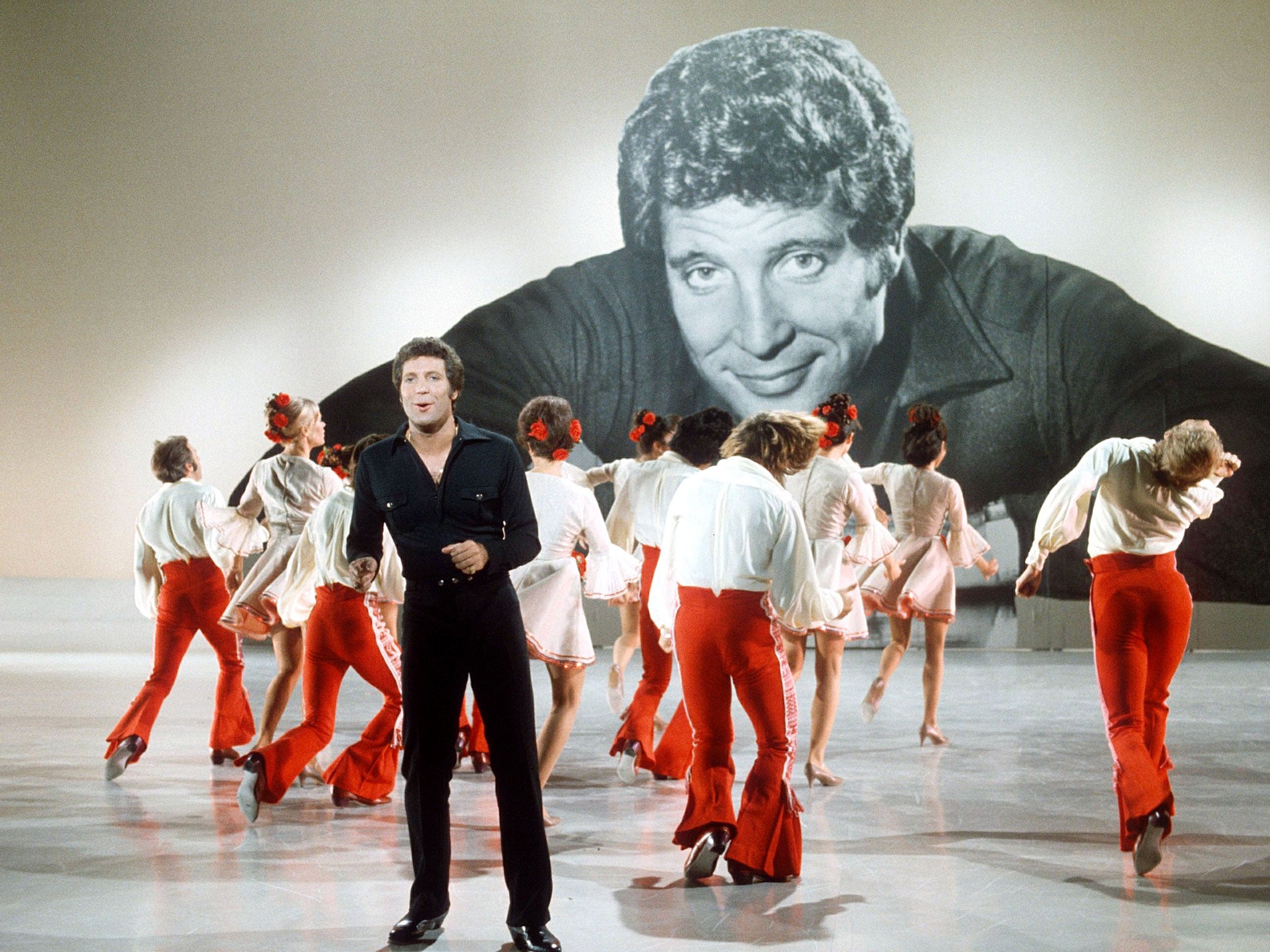Christmas 2015: The best 6 music books
Here are some of 2015's finest books to fire the imagination, engage the grey matter and invigorate the spirit over the festive period

Your support helps us to tell the story
From reproductive rights to climate change to Big Tech, The Independent is on the ground when the story is developing. Whether it's investigating the financials of Elon Musk's pro-Trump PAC or producing our latest documentary, 'The A Word', which shines a light on the American women fighting for reproductive rights, we know how important it is to parse out the facts from the messaging.
At such a critical moment in US history, we need reporters on the ground. Your donation allows us to keep sending journalists to speak to both sides of the story.
The Independent is trusted by Americans across the entire political spectrum. And unlike many other quality news outlets, we choose not to lock Americans out of our reporting and analysis with paywalls. We believe quality journalism should be available to everyone, paid for by those who can afford it.
Your support makes all the difference.It speaks volumes about the state of the music industry that a substantial proportion of this year's more serious music books were about the industry, rather than the music. As concern has grown about dwindling sales, download culture, and a market warped by talent-show television, writers have sought to understand how things reached this state.
Gareth Murphy's Cowboys And Indies (Serpent's Tail, £14.99) offers an exhaustive account of the development of the record industry, characterised through interaction between major corporate players and smaller, independent operators. It's a constant to-and-fro of forces in which the leaner, more flexible indie labels respond faster to shifting tastes, and nurture local talent until, traditionally, it's lured away by the major labels' promise of greater promotion and marketing heft, and more money. Or, alternatively, the indie label itself is adopted through licensing and distribution deals and eventually subsumed under the corporate umbrella. But crucial to the business throughout is the enthusiasm of "record men", both A&R maestros like John Hammond (who discovered Bessie Smith, Billie Holiday, Aretha Franklin, Bob Dylan and Bruce Springsteen), and label founders like Island's Chris Blackwell, Elektra's Jac Holzman and Mute's Daniel Miller.
The career of one of the most legendary such record men is examined in minute detail in Peter Guralnick's Sam Phillips: The Man Who Invented Rock'n'Roll (Weidenfeld & Nicolson, £30). Guralnick, best known for the forensic quality of his two-part Elvis biography, applies the same exacting standards in this 750-page tome, which overlaps with the earlier work in the section dealing with Phillips' discovery of Presley, but offers fascinating insights of his previous work recording the likes of BB King, Howlin' Wolf and Ike Turner, and his subsequent involvement with such as Jerry Lee Lewis and Johnny Cash. Phillips comes across as a saintly anomaly in both the South and the industry, always more interested in music than money, and instructed by his parents from an early age to regard blacks and whites as worthy of equal respect.
Phillips' purported holy grail - to find a white singer who sounded black - finds its latter-day equivalent in the desire of Swedish hitmakers like Denniz PoP and his protege Max Martin to create an alloy of R&B groove and pop melody, an aim realised initially in their productions of boy-bands like Backstreet Boys, NSYNC and Westlife, and continued uninterrupted through virtually every pop diva from Britney to Katy and Taylor. John Seabrook's The Song Machine: Inside The Hit Factory (Jonathan Cape, £16.99) provides a sobering peek inside Stockholm's Cheiron Studios, analysing the extraordinary success of Martin, the most successful songwriter of all time, and also reflecting upon modern "scientific" song-analysis methods such as Hit Predictor and Hit Song Science, whose influence has largely replaced the tastes and instincts of the record men.
Stephen Witt's How Music Got Free (Bodley Head, £20) deals with the current state of the industry, wilting under the effect of downloading. It's a fascinating story told through three narrative threads: one detailing the development of the mp3 file by German software engineers, another dealing with the main music pirates working at a Universal pressing-plant, and the third marvelling at the catastrophic short-sightedness of an industry that simply refused to acknowledge the commercial dangers of digital technology.
The rock biography has been largely supplanted these days by the rock autobiography: this year has seen variously creditable efforts from Elvis Costello, Chrissie Hynde, Patti Smith, Belle & Sebastian's Stuart David and Sleater-Kinney's Carrie Brownstein. But the most broad-ranging, and by some distance the most entertaining, has to be Tom Jones' Over The Top And Back (Michael Joseph, £20), which succeeds through having no axes to grind, no hostages to fortune, and no damn given as to what anyone else thinks. If Tom believes Engelbert has personality shortcomings, he says so in four letters or less. But what really works is the tone: you can hear that broad Welsh delivery in every sentence, brimming with brusque bonhomie.
Finally, one for the critics: Richard Goldstein's Another Little Piece Of My Heart (Bloomsbury, £18.99) offers a fascinating series of missives from the Sixties pop-culture frontline by the first man to ever suggest there could be such a thing as a rock critic, god bless him.
Join our commenting forum
Join thought-provoking conversations, follow other Independent readers and see their replies
Comments